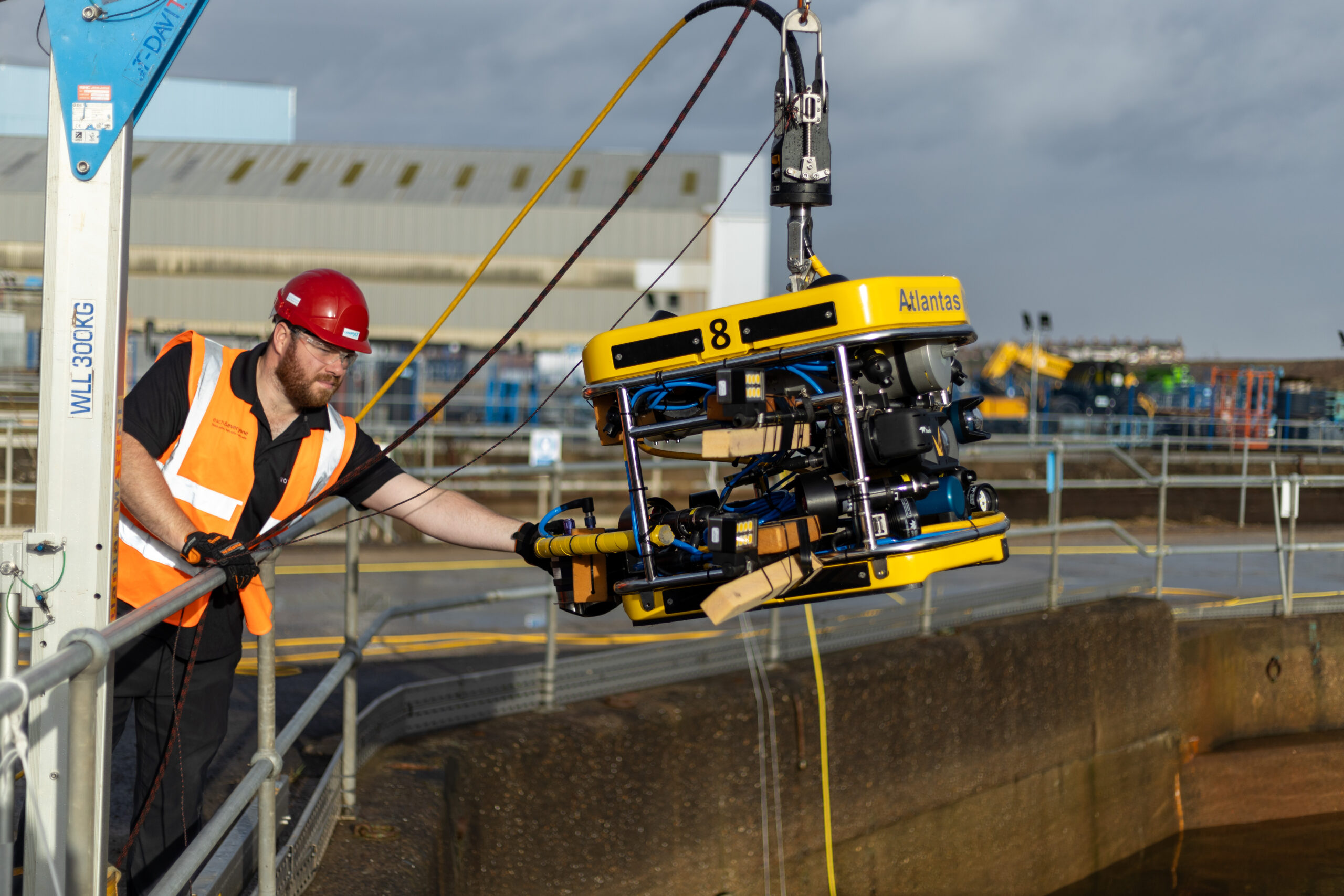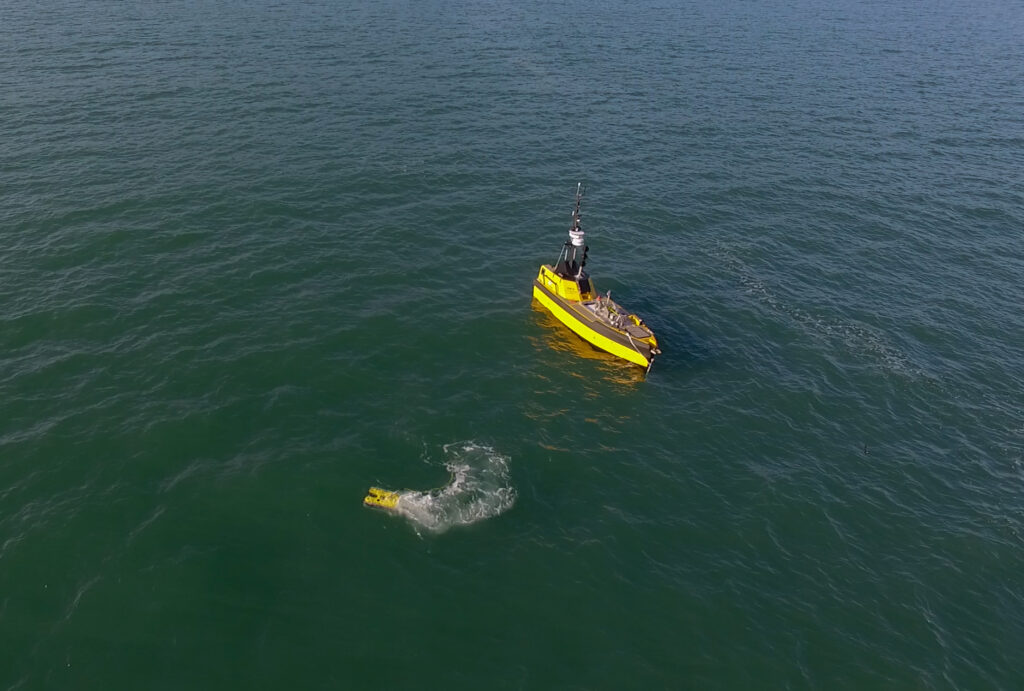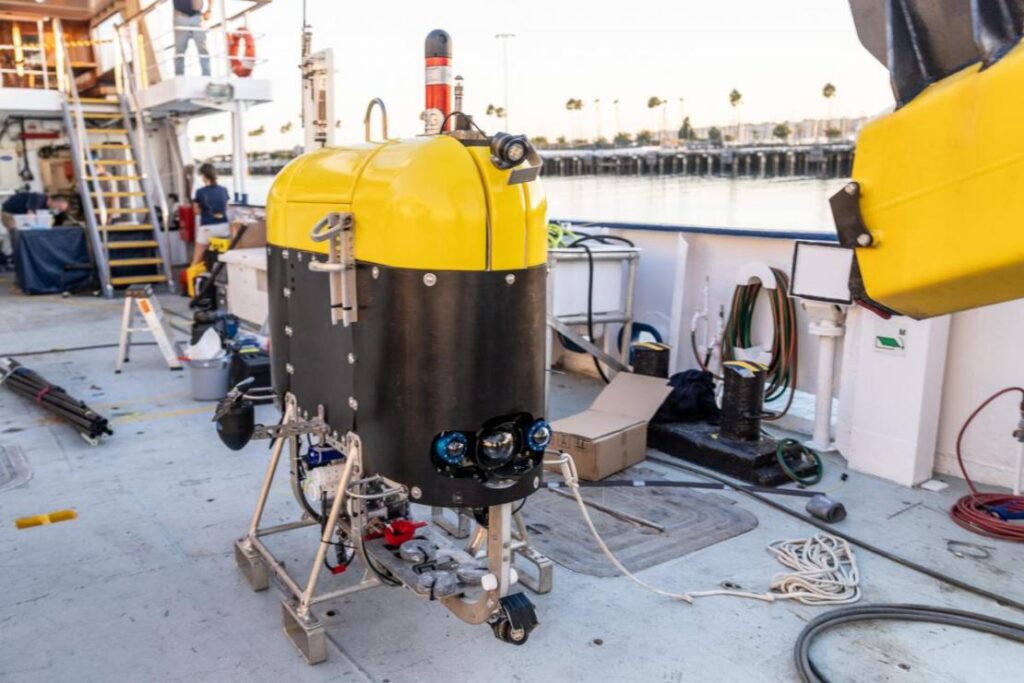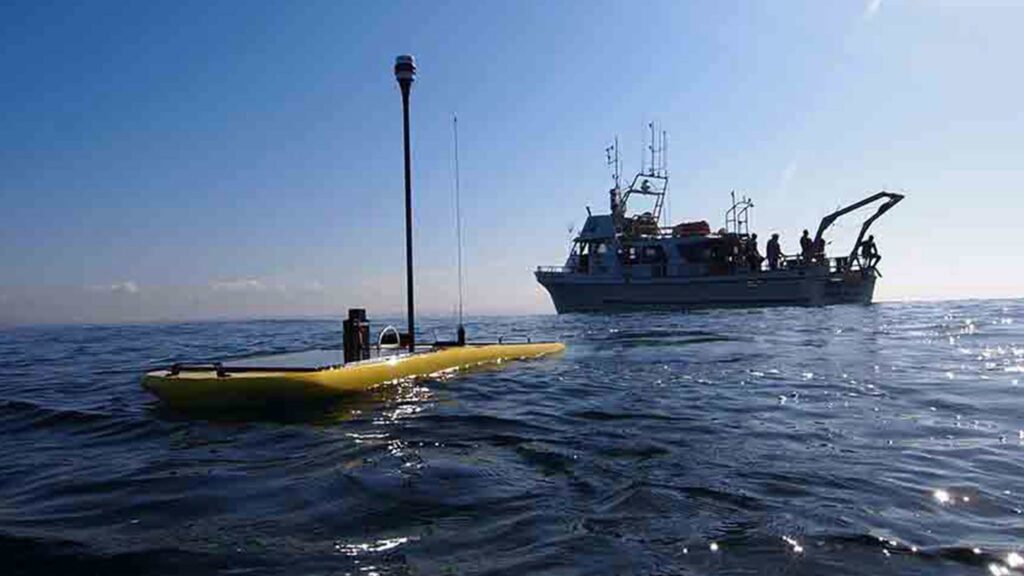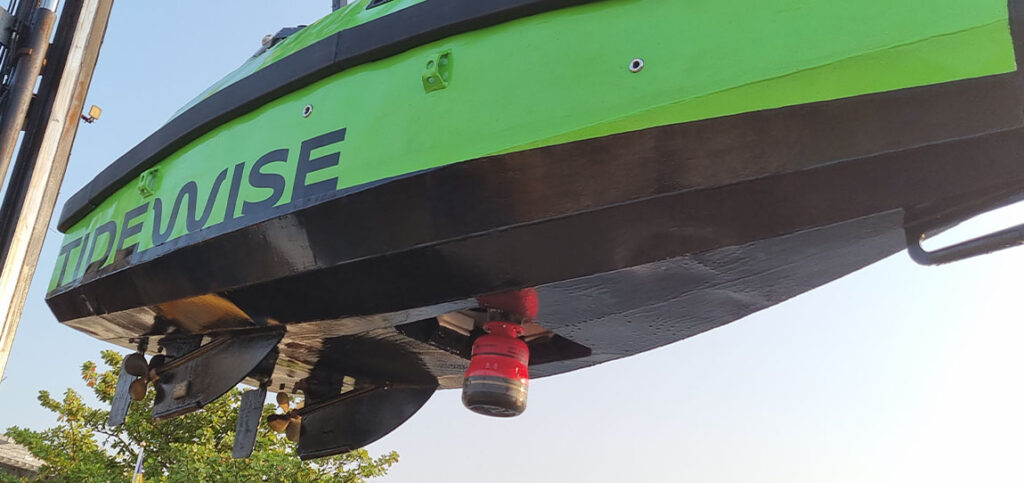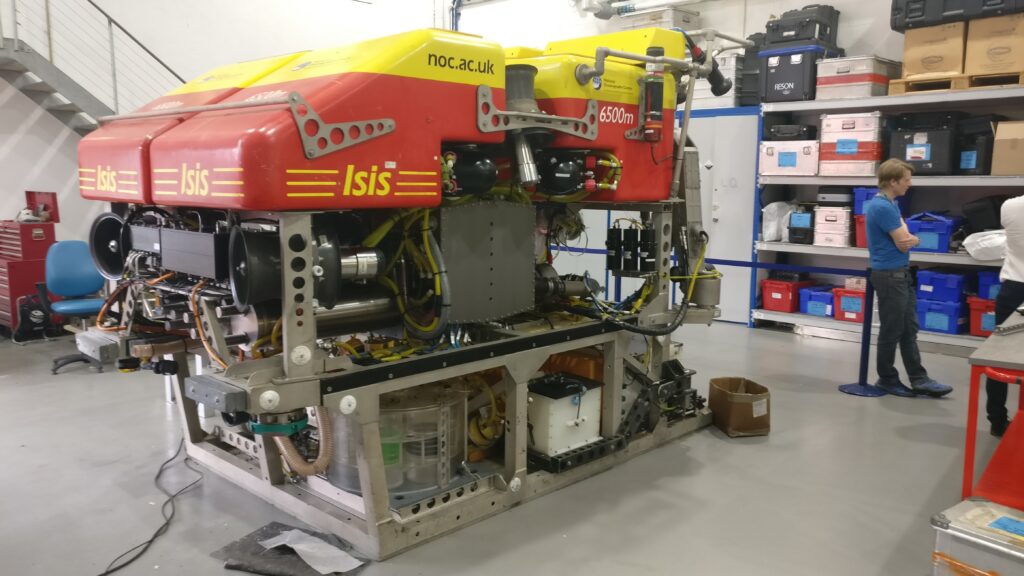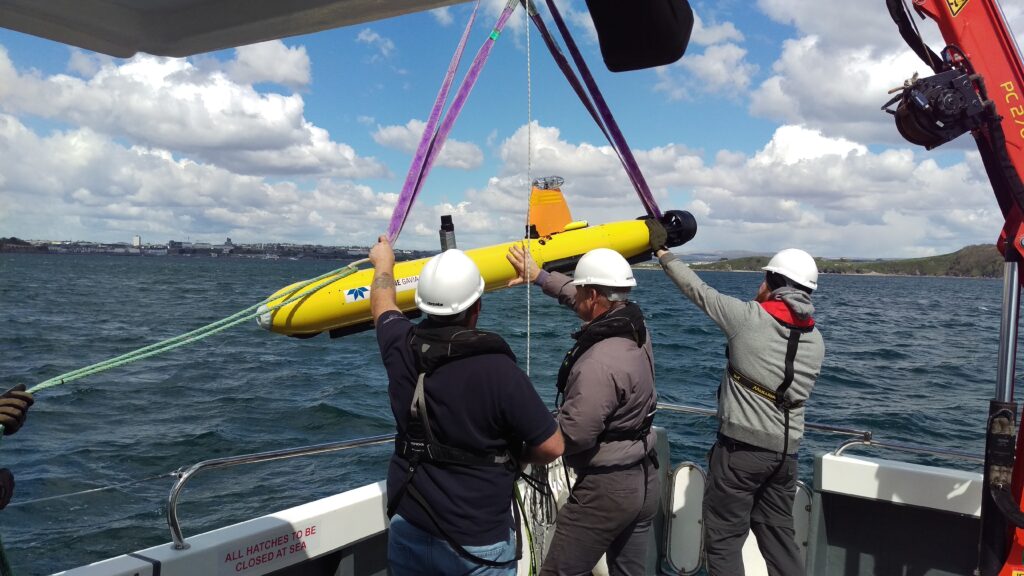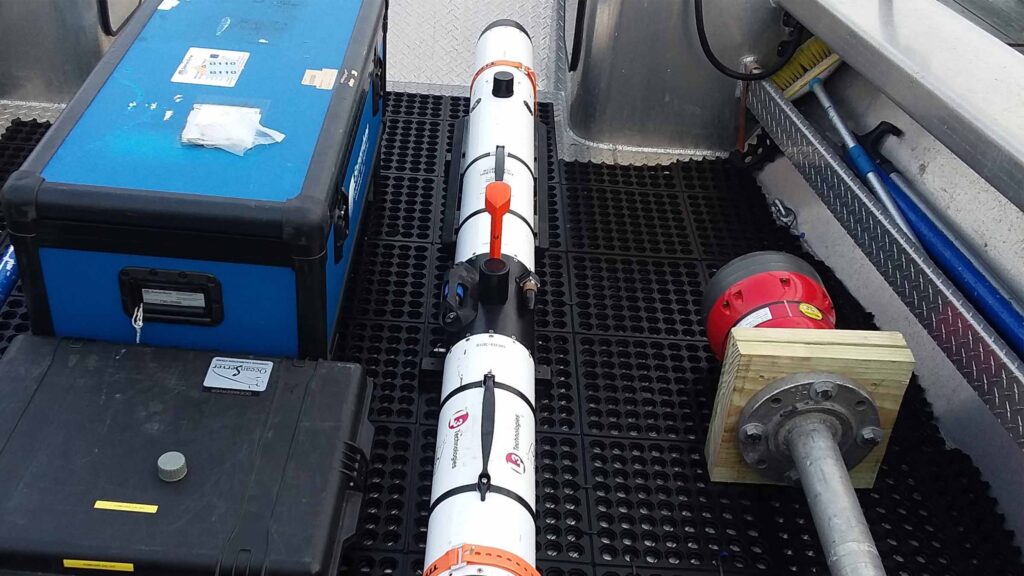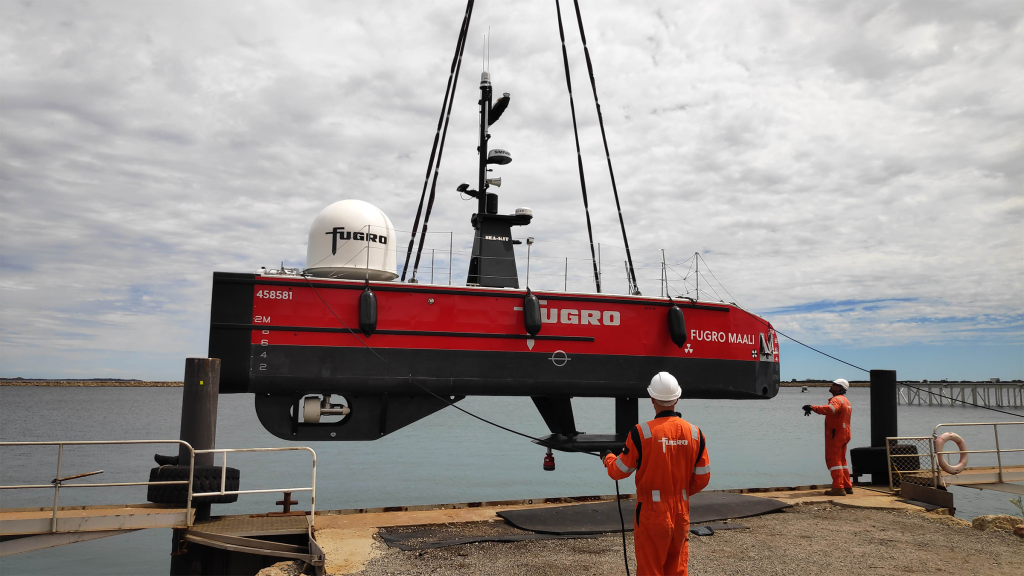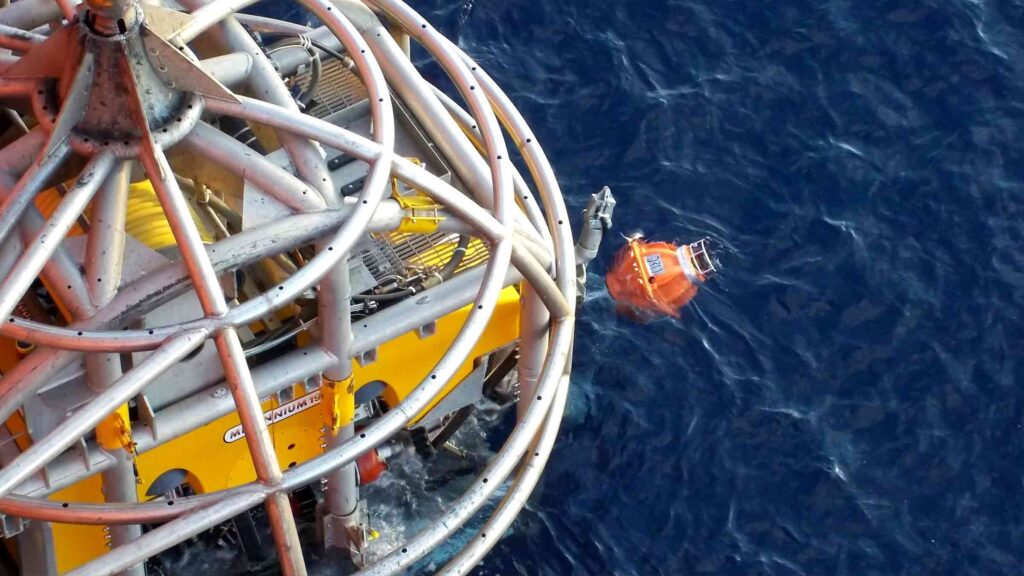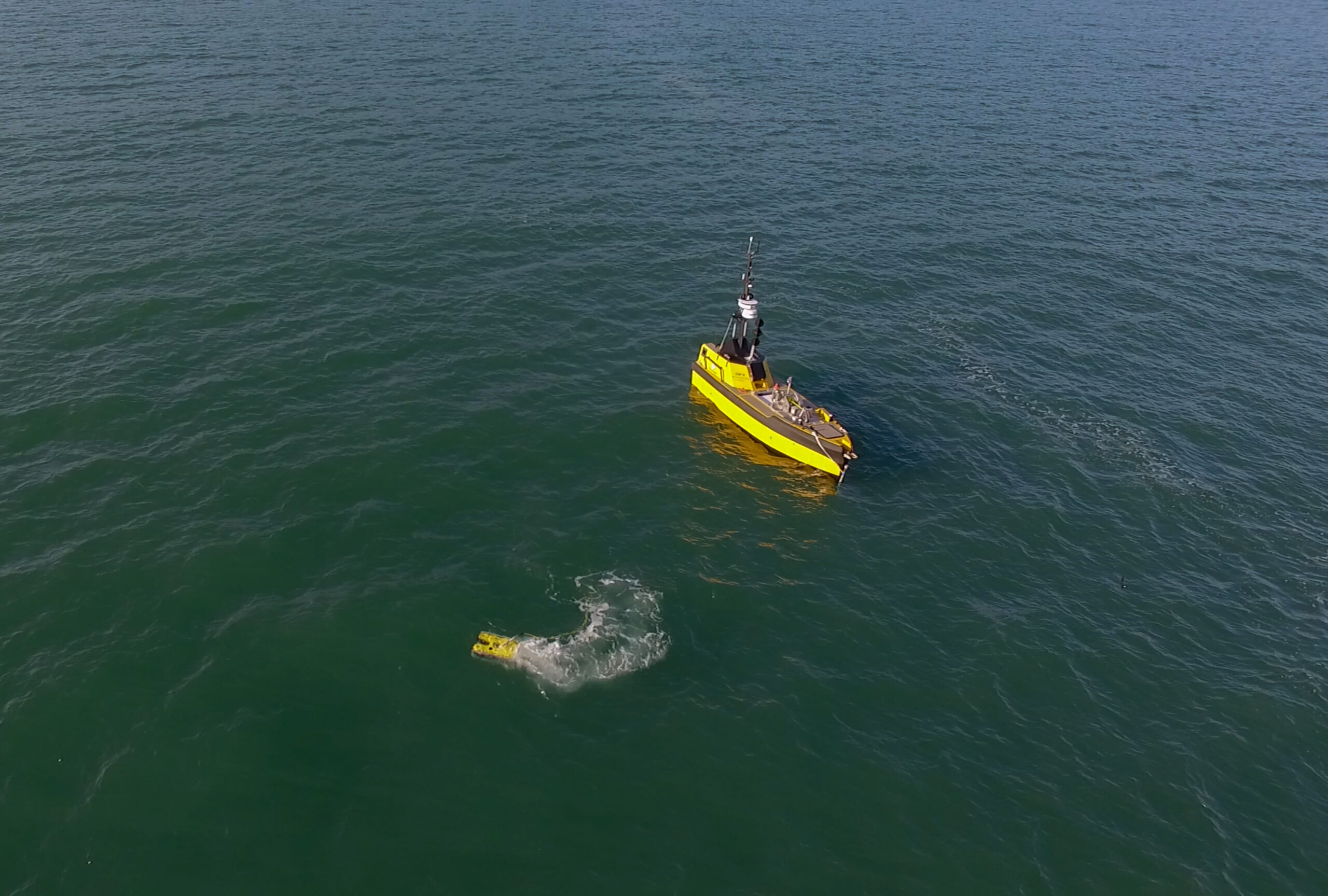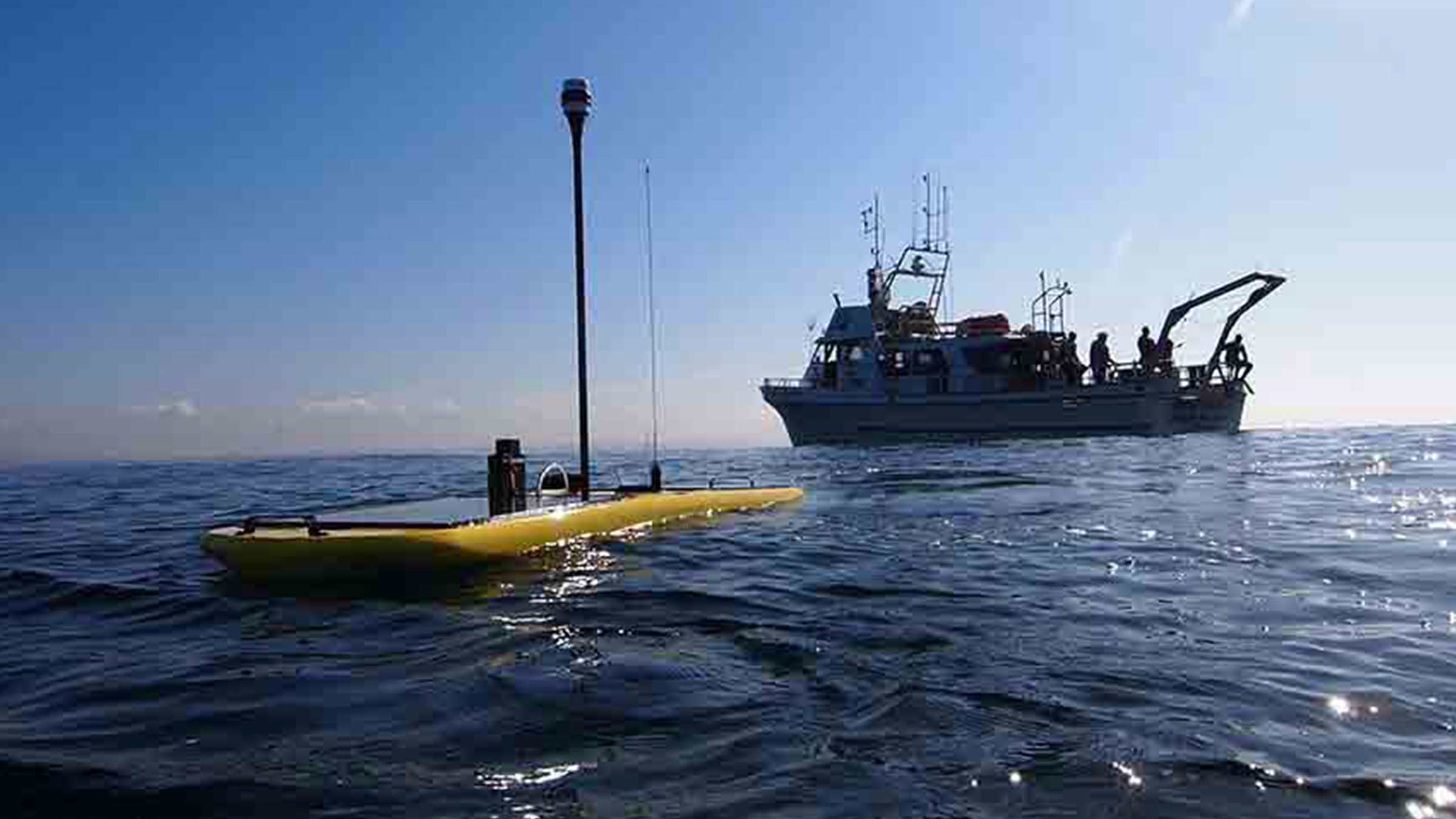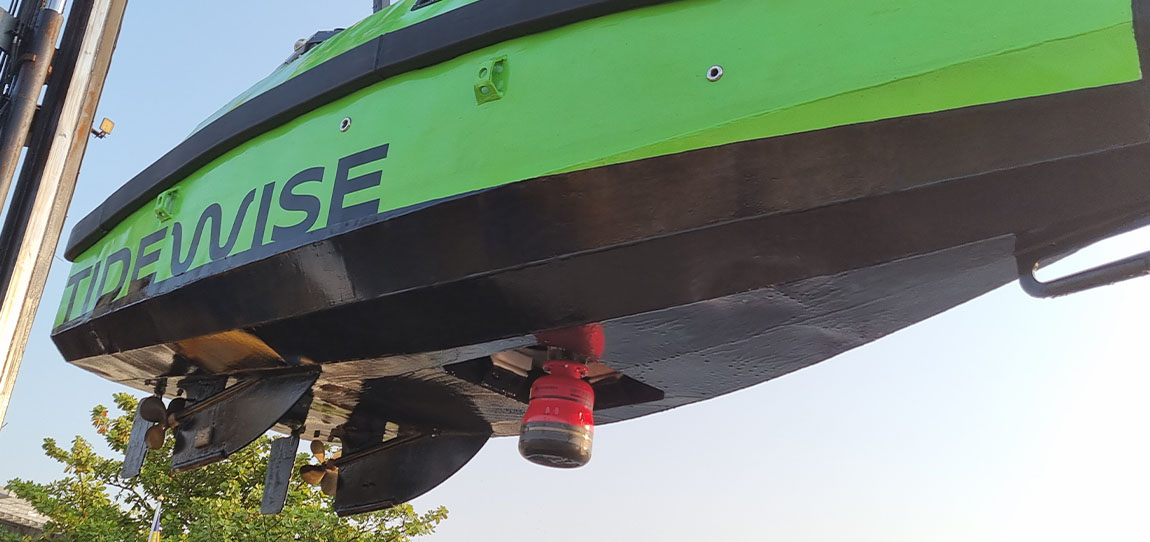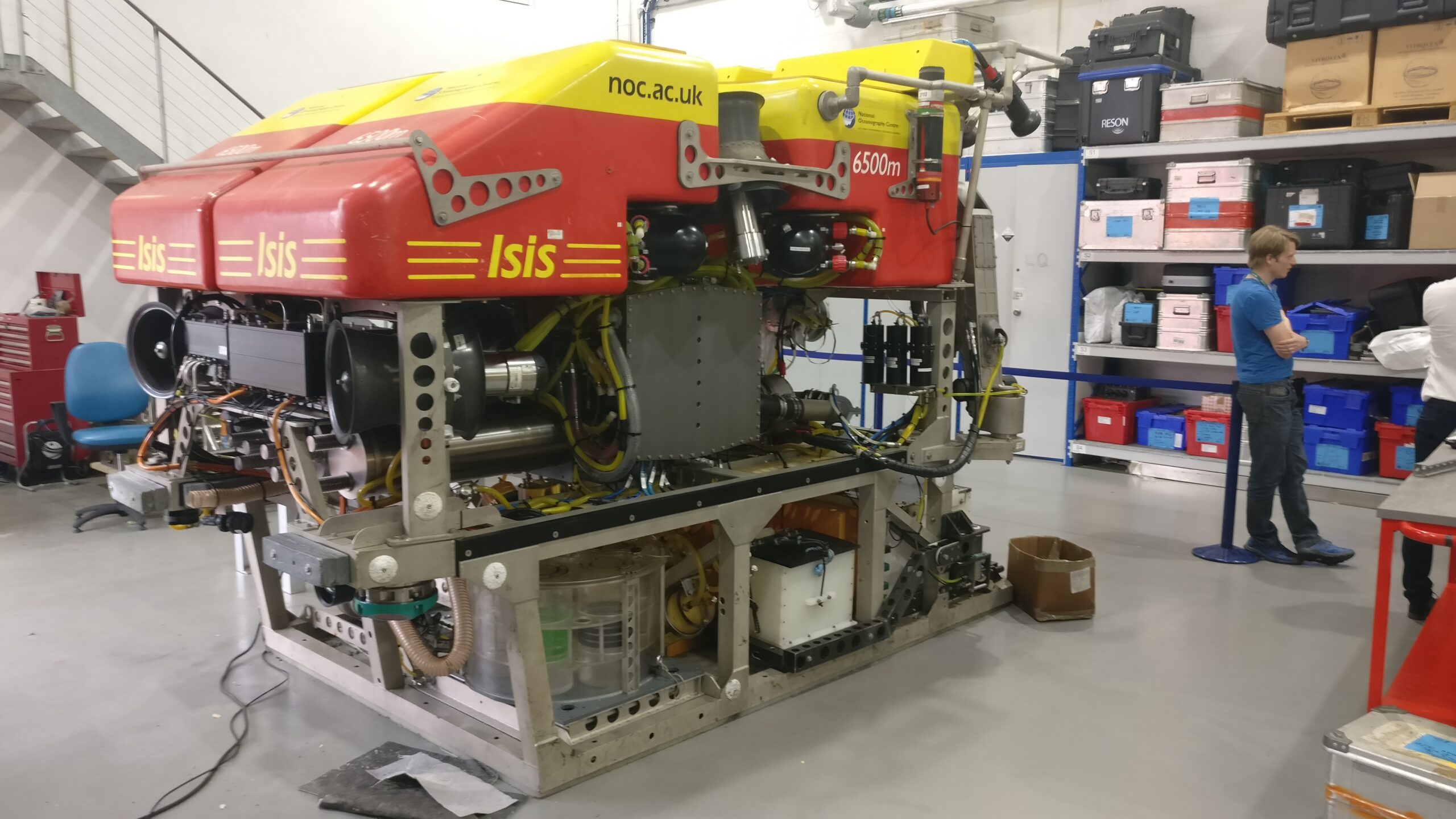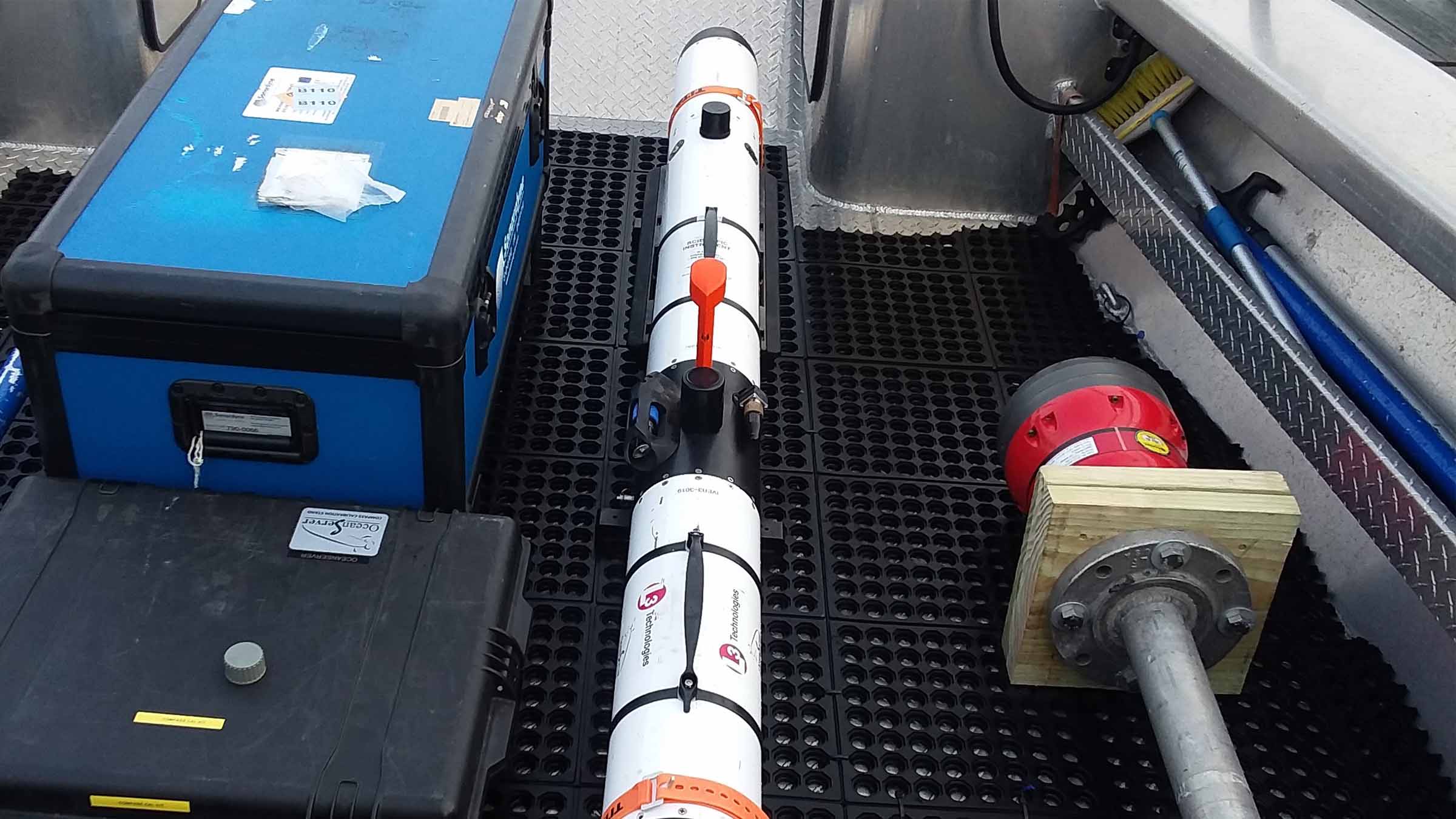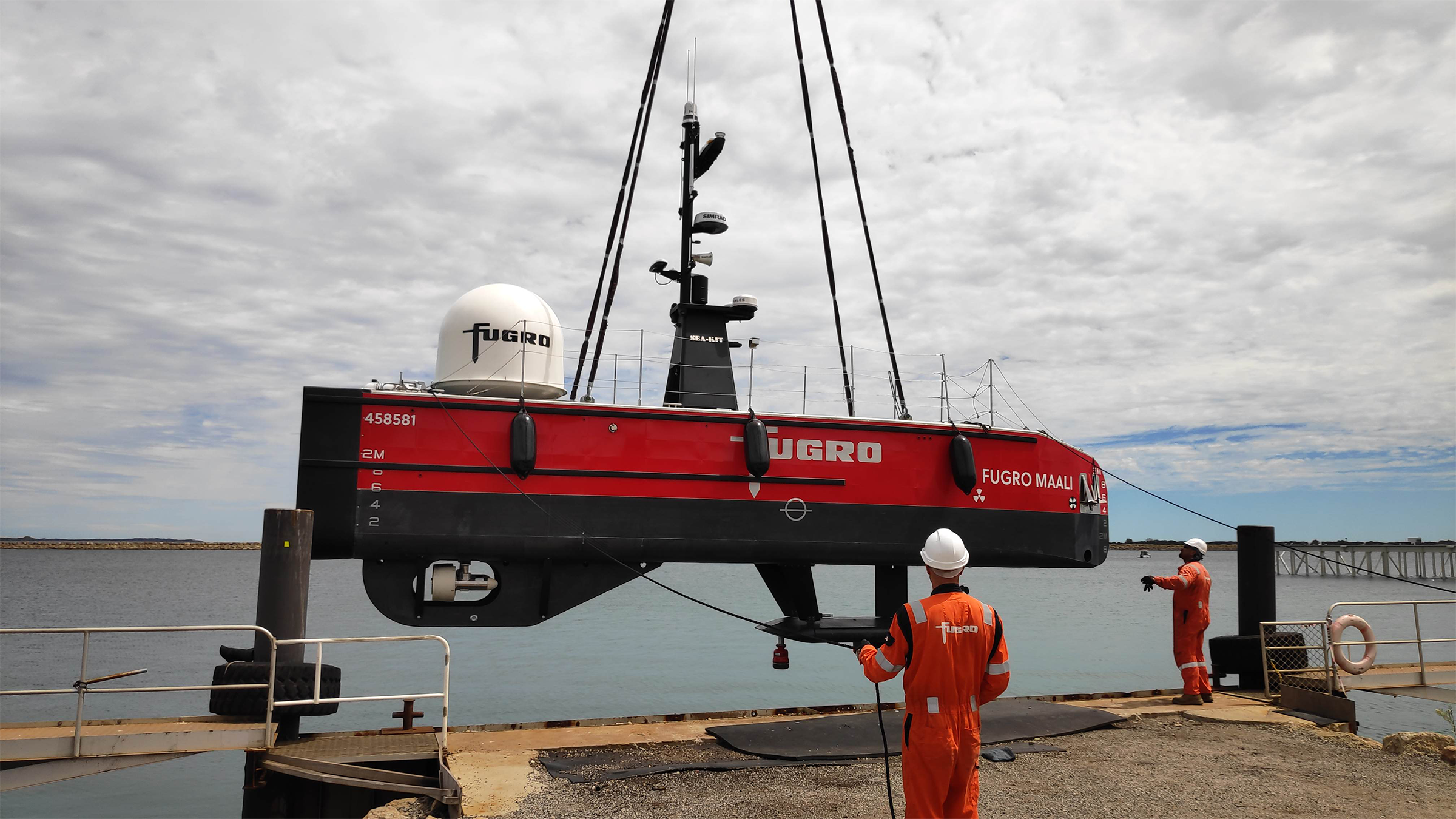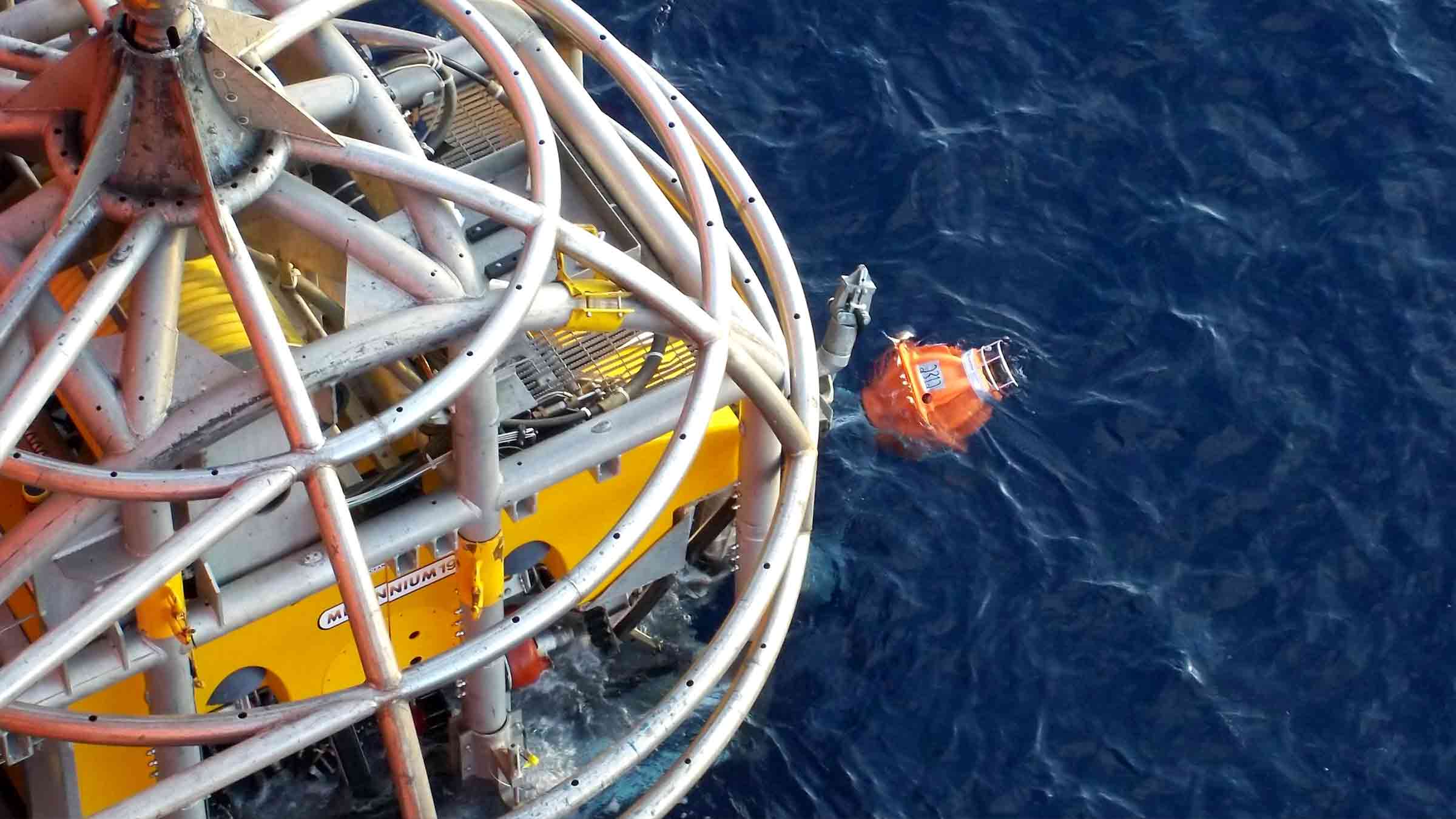Founded in
0
Exports to
0
countries
Achieved in
0
carbon neutrality
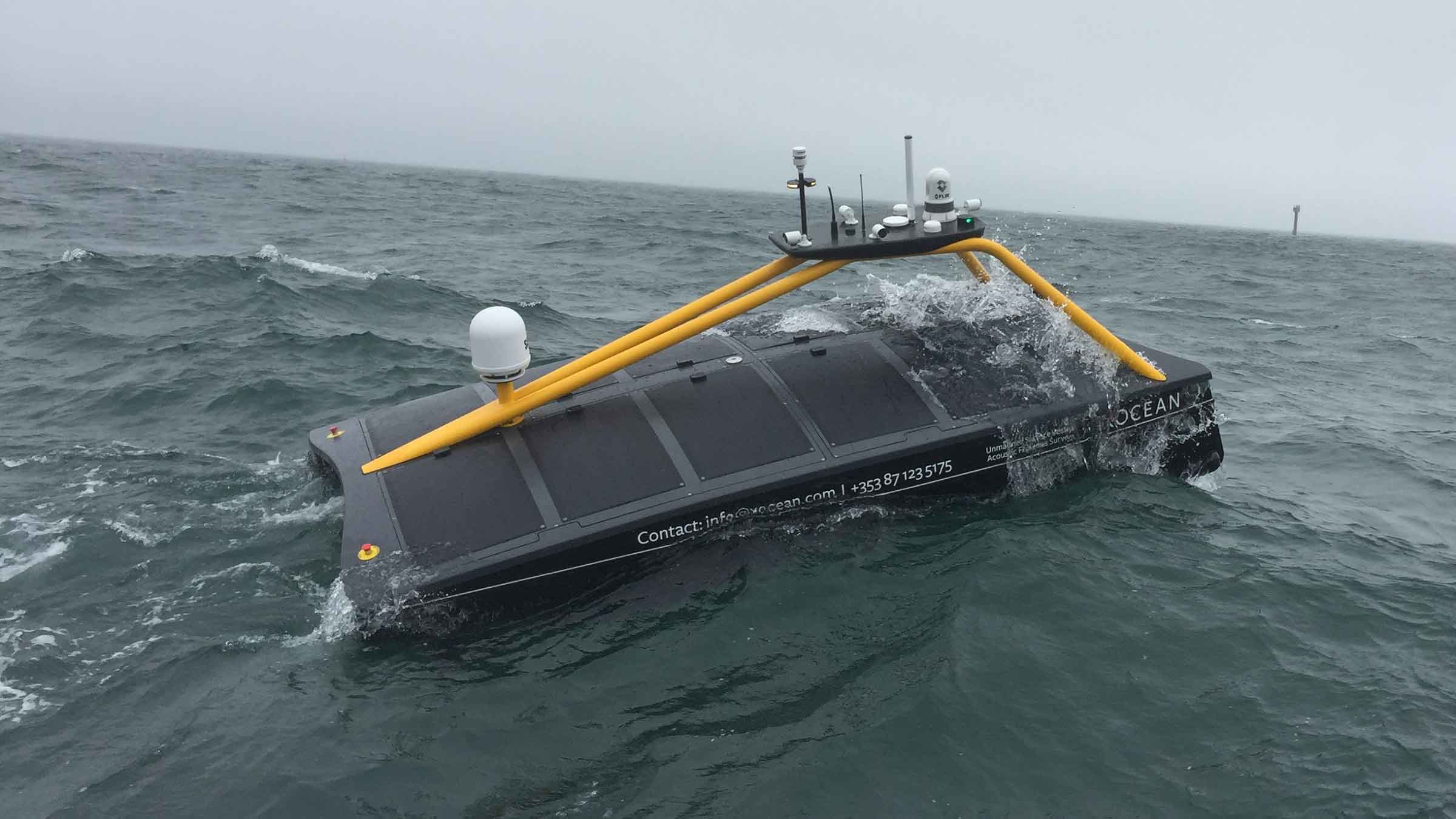
Add Sonardyne, add capability
We deliver tracking, navigation, command, control and communication technologies for marine robotic systems of all types, shapes and sizes.
Payloads that add to and extend operational capability, can be adapted to meet any mission, and come with the backing of factory integration, a global support network and unrivalled access to technologies from our sister companies.
From Micro to XLUUV: Marine robotic systems are becoming more useful, more reliable and more capable. However, one size doesn’t fit all and that’s why our subsea technologies have been designed to be compatible with vehicles of all sizes and capabilities; from micro AUVs to extra-large AUVs, from inspection-class ROVs to large uncrewed ships, and everything in between.
Size, weight and power (SWaP): Robotic systems are increasingly being deployed on long duration missions, over the horizon. The smaller, lighter and more energy efficient the payload sensors these systems carry , the further a vehicle can travel, the more equipment it can carry, and the more complex missions it can carry out. As a prime integrator of payloads, we focus on engineering SWaP-optmised instruments, with multiple functions combined in one unit. So you can do more, with less complexity, and less risk.
Understanding the operating environment: Whether operating on the surface or down at 4,000 m, ocean robots must overcome extreme operating environments. We understand this challenge. Our instruments withstand the pressures of the deepest oceans. Our digital wideband communication signals can penetrate hostile acoustic environments to transfer data reliably and securely. And where off-the-shelf solutions aren’t quite right, we can design, test and manufacture tailor-made solutions.
Autonomous underwater vehicles
AUVs are becoming more useful, more reliable and more capable. However, one size doesn’t fit all so that’s why our subsea technologies have been designed to be compatible with vehicles of all sizes and capabilities; from micro to hybrid to resident.
Since the late nineties, autonomous underwater vehicle (AUV) numbers have grown steadily, emerging from university laboratories to establish themselves as credible platforms for a myriad of underwater missions. Today, many of the world’s leading navies operate AUVs in support of salvage, hydrographic, oceanographic and mine counter-measures (MCM). In the commercial sector, they are the preferred choice when conducting subsea surveys at thousands of metres of depth and, are also commonly used to survey in very shallow waters.
XLUUV (Extra-large uncrewed underwater vehicles)
Extra-large uncrewed underwater vehicles (XLUUV) will reshape how surveillance, reconnaissance, and anti-submarine warfare operations in the underwater battlespace are conducted. We are at the forefront of underwater systems for these platforms with our industry-engineered COTS solutions.
XLUUV systems are being developed world-wide in support of submarine operations. This new breed of UUV is intended to run for months at a time, unsupervised and holding much larger payloads than traditional UUVs have been used to. The new missions present a new set of challenges to the UUV designer and their operators. XLUUVs need to compute their navigation solution while remaining submerged for extended period of times.
Remotely operated vehicles
Remotely Operated Vehicles are becoming more useful, more reliable and more capable. However, one size doesn’t fit all so that’s why our subsea technologies have been designed to be compatible with vehicles of all sizes and capabilities; from micro to work class.
Over the last couple of decades, Remotely Operated Vehicles (ROVs) have become the go-to tool for oil and gas construction and maintenance tasks. Suited to work in thousands of metres of water, or just a few, within the energy sector they are routinely used to lift, lower, push, inspect, survey, watch, stab and turn those valves.
In other industries, ROVs have also become a common tool, from science to fisheries to mine-detection missions and wreck hunting, there is an ROV to fit the bill.
Uncrewed surface vehicle
Uncrewed surface vehicles (USVs), sometimes also called autonomous or unmanned surface vessels (ASV/USV), now offer a low-risk, cost-effective and cleaner alternative. They eliminate the need to send people out on expensive crewed vessels to conduct missions.
The marine equivalent of flying drones, unmanned surface vessel systems have been around for a number of years and their numbers are increasing. From small vessels used to automatically inspect waterways and lakes to autonomous ships carrying cargo, it is certain that in the future, many sailors will be working from a home office.
We are part of Covelya Group
Covelya Group aim for a safer, more sustainable world through engineering excellence and innovation. Sonardyne are part of the Covelya Group, along with our sister companies. We are part of a group of technology companies, working in Science. Energy, Environment and Defence that develop, manufacture, sell and support instruments, systems and solutions worldwide.

